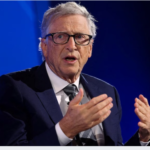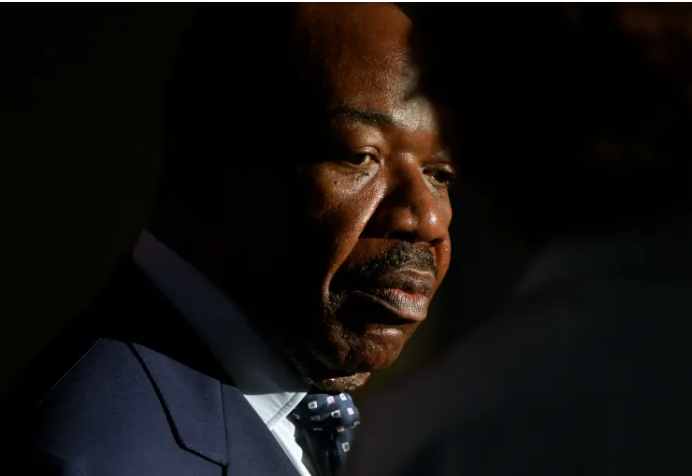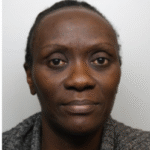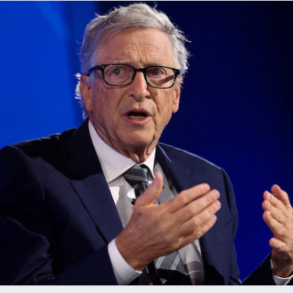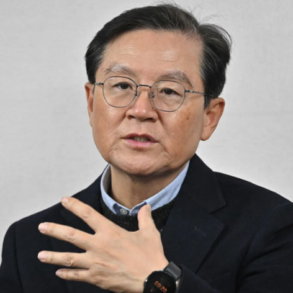The overthrow of President Ali Bongo Ondimba in Gabon this week seemed to mark a spectacular end to the nearly 56-year dynastic rule of the Bongo family.
What began in 1967 with his father that ruled for 41 years before Bongo ruled for another 14. It all ended when military officers took away power on Wednesday. They claimed it was because the August 26 presidential election, which Bongo won for a third term, that was not credible, making the country faced a “severe institutional” crisis.
Francois Conradie, a political analyst at Oxford Economics, explained that the events unfolding might be the result of internal tensions among Gabon’s elites and extended Bongo family members.
“There are a lot of reasons to think that the coup was the wider elite in Gabon preserving itself by getting rid of the very narrow elite made up of Ali Bongo, his son Noureddin and his wife Sylvia,” he said.
Voting in Saturday’s election was conducted under an internet shutdown, while the arrests of local election monitors were decried by the opposition as fraudulent. A series of last-minute legislative rules also favoured Bongo’s party. When the results were announced, Gabon’s electoral body said Bongo had won 64 percent; his main rival Albert Ondo Ossa won 30 percent.
Gabonese “were going to protest for a recount of the votes and make so much noise and international focus”, Conradie explained, saying that Nguema understood this.
The general came up through the ranks of Bongo’s inner circle, and some experts believe the power grab was an attempt to thwart public protest plans that were brewing in support of Ossa.
“Is this coup really marking the end of the Bongo dynasty or are we just seeing the latest rivalry between different factions of the Bongo family?” questioned Maja Bovcon, a senior Africa analyst at consultancy firm Verisk Maplecroft.
What does Gabon’s coup mean regionally and internationally?
The Bongo family
For more than five decades, the Bongo family entrenched itself through patronage, awarding lucrative roles in government to allies and extended family.
Their path to power began when Bongo’s father Albert-Bernard (Omar) was backed by France to take over as president in December 1967 following the death of the country’s independence leader Leon Mba, who succumbed to cancer after being bolstered back into power following a coup in 1964.
The elder Bongo won a series of elections under claims of electoral rigging; he removed the country’s run-off system, and replaced it with single-round voting. For years, Omar imposed a one-party system. Gabonese authorities claimed he won 100 percent of the vote in a 1986 presidential election, with an apparent 99.9 percent voter turnout.
The central African nation’s oil wealth was recirculated among the elite to ensure loyalty. Omar’s regime extended Bongo family jobs into the military, parliament and state commerce. The current president of the constitutional court, Marie-Madeleine Mborantsuo was Omar’s former lover.
France became a close ally under a system known as Francafrique, in which French corporations maintained good relations with African politicians in order to benefit from lucrative resource deals.
A French police investigation in 2007 found the Bongo family owned 39 properties in France, 70 bank accounts, and nine luxury cars worth a total of 1.5 million euros. At the time, lawyers disputed those assets were acquired through his 20,000 euro-per-month salary. According to the United States Senate, Omar reportedly moved $100m (PDF) in suspect funds through a New York Citibank account from 2003 to 2007.
Conradie said that for many years the Bongos invested money into French politics.


